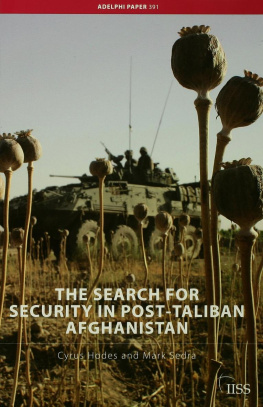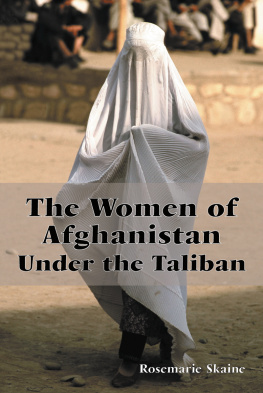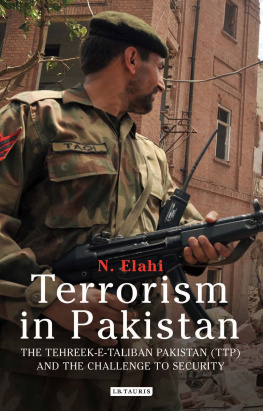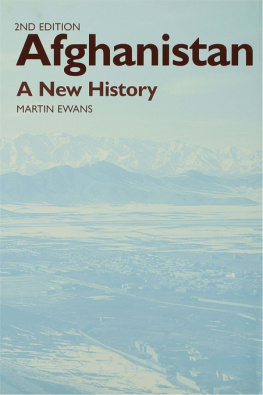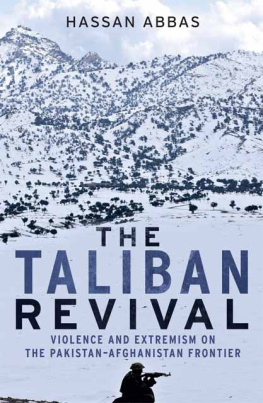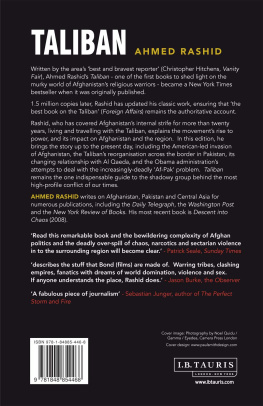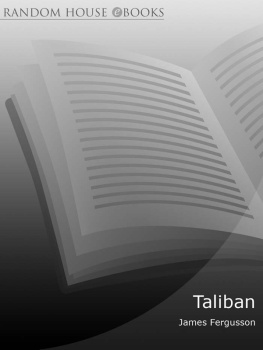Adelphi Papers
The Adelphi Papers monograph series is the Institute's flagship contribution to policy-relevant, original academic research.
Eight Adelphi Papers are published each year. They are designed to provide rigorous analysis of strategic and defence topics that will prove useful to politicians and diplomats, as well as academic researchers, foreign-affairs analysts, defence commentators and journalists.
From the very first paper, Alastair Buchan's Evolution of NATO (1961), through Kenneth Waltz's classic The Spread of Nuclear Weapons: More May Be Better (1981), to influential additions to the series such as Mats Berdal's Disarmament and Demobilisation after Civil Wars (1996) and Lawrence Freedman's The Transformation of Strategic Affairs (2006), Adelphi Papers have provided detailed, nuanced analysis of key security issues, serving to inform opinion, stimulate debate and challenge conventional thinking. The series includes both thematic studies and papers on specific national and regional security problems. Since 2003, Adelphi Paper topics have included Strategic Implications of HIV/AIDS, Protecting Critical Infrastructures Against Cyber-Attack, The Future of Africa: A New Order in Sight, Iraq's Future: The Aftermath of Regime Change, Counter-terrorism: Containment and Beyond, Japan's Re-emergence as a "Normal" Military Power, Weapons of Mass Destruction and International Order, Nuclear Terrorism After 9/11 and North Korean Reform.
Longer than journal articles but shorter than books, Adelphi Papers permit the IISS both to remain responsive to emerging strategic issues and to contribute significantly to debate on strategic affairs and the development of policy. While the format of Adelphi Papers has evolved over the years, through their authoritative substance and persuasive arguments recent issues have maintained the tradition of the series.

The Search for Security in Post-Taliban Afghanistan
Cyrus Hodes and Mark Sedra
ADELPHI PAPER 391
The International Institute for Strategic Studies
Arundel House | 13-15 Arundel Street | Temple Place | London | WC2R3DX | UK
ADELPHI PAPER 391
First published October 2007
by Routledge
4 Park Square, Milton Park, Abingdon, Oxon, OX14 4RN
for The International Institute for Strategic Studies
Arundel House, 13-15 Arundel Street, Temple Place, London, WC2R 3DX, UK
www.iiss.org
Simultaneously published in the USA and Canada by Routledge
270 Madison Ave., New York, NY 10016
Routledge is an imprint of Taylor & Francis, an Informa Business
2007 The International Institute for Strategic Studies
DIRECTOR-GENERAL AND CHIEF EXECUTIVE John Chipman
EDITOR Patrick Cronin
MANAGER FOR EDITORIAL SERVICES Ayse Abdullah
COPY EDITOR Matthew Foley
ASSISTANT EDITOR Katharine Fletcher
PRODUCTION John Buck
COVER IMAGES Getty Images
Printed and bound in Great Britain by Bell & Bain Ltd, Thornliebank, Glasgow
All rights reserved. No part of this book may be reprinted or reproduced or utilised in any form or by any electronic, mechanical, or other means, now known or hereafter invented, including photocopying and recording, or in any information storage or retrieval system, without permission in writing from the publishers.
British Library Cataloguing in Publication Data
A catalogue record for this book is available from the British Library
Library of Congress Cataloging in Publication Data
ISBN 978-0-415-43883-4
ISSN 0567-932X
Contents
The year 2002 was one of great optimism and hope in Atghanistan. Taliban forces had been routed by the US-led Coalition and its Northern Alliance allies, prompting many to proclaim the demise of the movement. A conference in Bonn had chosen an interim government and produced a blueprint for the country's political transition. A subsequent donor meeting in Tokyo resulted in pledges of approximately $5.2 billion to underwrite reconstruction. Promises by US President George W. Bush and then UK Prime Minister Tony Blair to deliver a 'Marshall Plan' for Afghanistan, and not to abandon the country as the West had done after the Soviet withdrawal in 1989, bred tremendous optimism among ordinary Afghans.
More than five years on, in 2007, this optimism has been replaced by a sense of pessimism. Despite some significant achievements in the reconstruction process, for many Afghans the most noticeable change since the fall of the Taliban regime has been deteriorating security. Many parts of the country, particularly in the south and east, cannot be classified as being in a post-conflict situation. Taliban-led insurgent activity has intensified every year since 2001. By September 2006, an average of 600 insurgent and/or terrorist incidents were occurring every month, up from an average of 130 a month in 2005. Poor governance, marked by rampant corruption, has been one ot the main drivers of insecurity, as increasing numbers of disillusioned Afghans turn to regional commanders and the Taliban to provide basic public goods. The burgeoning drug trade has further fuelled violence, and threatens to transform Afghanistan into a narco-mafia state.
Afghanistan's security crisis can be traced back to the early approach taken by donors, particularly the United States. When the US intervened in Afghanistan in 2001, it did so to overthrow the Taliban and prevent the country from once again serving as a sanctuary for terrorist groups like al-Qaeda. The aim was not to transform the state or consolidate a certain type of peace. As a result, the state-building process, at least in its early stages, was critically under-resourced; as one scholar puts it, the United States and its allies were trying to 'carry out major strategic change on the cheap'. This under-investment applied both to aid for reconstruction and to stabilisation and counter-insurgency operations. The failure to expand the UN-mandated International Security Assistance Force (ISAF) outside the capital in 2002 permitted warlords to consolidate their authority, the Taliban to regroup and drug-traffickers to re-establish their networks. The lack of international troops also placed unreasonable pressure on the nascent security-sector reform (SSR) process. Instead of seeking to create an accountable, equitable and rights-respecting security system, the process became a grandiose train-and-equip programme, whose main objective was to get Afghan security forces 'into the fight', thereby easing the burden on international troops.
By 2004, as the insurgency gained momentum and the drug trade grew to unprecedented proportions, the Afghan government and donors had begun to grasp the implications of this under-investment in the reconstruction process. In response, an international donor conference was convened in Berlin to secure fresh commitments of troops and development aid, and new structures such as Provincial Reconstruction Teams (PRTs) were developed. However, such measures were inadequate to address prevailing problems. The deployment of the PRTs, comprising small groups of military and civil-affairs personnel, reflected the lack of political will among NATO states to commit the necessary resources for a full expansion of ISAF, more than a genuine desire to improve security outside Kabul. PRTs tended only to meet their objectives and achieve a degree of success in already stable areas of the country, primarily in the north. Meanwhile, although the Berlin conference recognised the pivotal nature of the SSR process, it did not result in the funding boost necessary to overcome the major obstacles to reform.





